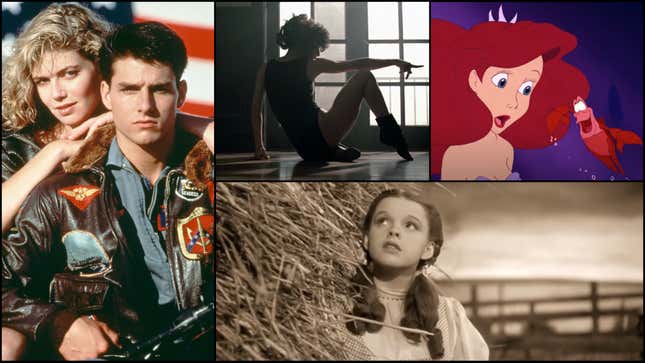
Best Original Song is the lone Academy Award that can be untethered from its origin. By definition, categories like acting, directing, cinematography, set, and costume design are inherently anchored to the film they represent. Not so with a song. Sure, some songs can best be understood within the context of a film—and, at times, a song gains stature from its presence within a movie—but the greatest Best Original Songs exist in their own realm, inspired by the story on the screen but not needing a film to have an emotional impact. What follows are the 40 Oscar-winning songs that have made great, lasting impressions, either within their own universe or ours.